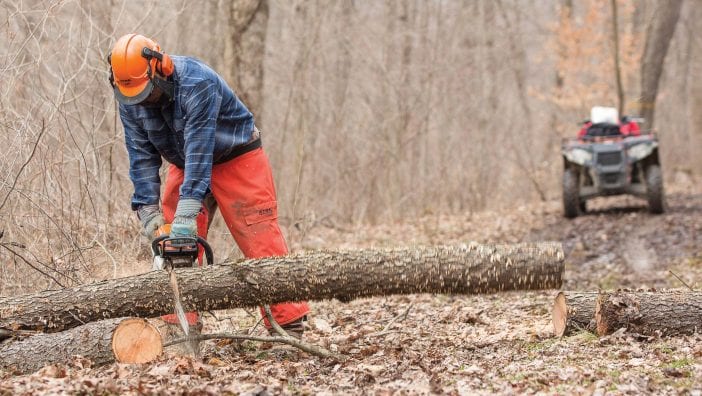Applications for Ohio Farm Bureau Health Plans now available
Members have three ways to apply: contacting a certified agent, calling 833-468-4280 or visiting ohiofarmbureauhealthplans.org.
Read More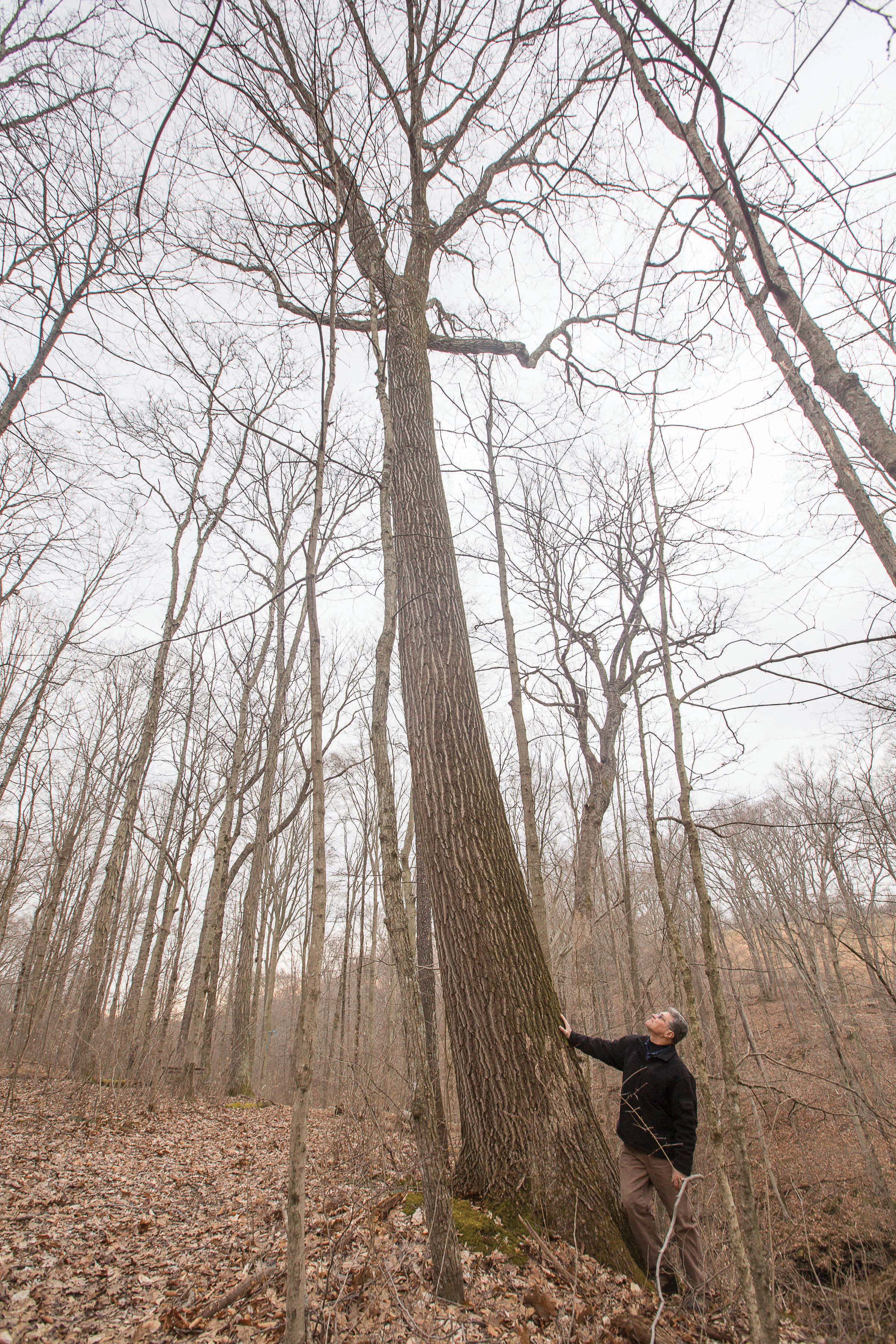
Mark Twain said, “Find a job you enjoy doing, and you will never have to work a day in your life.” As consulting foresters and tree farm owners, this quote from Mark Twain has come true for Randy and Koral Clum, twice.
The Tuscarawas County Farm Bureau members are professional consulting foresters who work with 50 to 75 other landowners annually. Their business, Clum Forestry Consultants, promotes and provides science-based forest management, approaching their work as an educational opportunity for clients.
They also take an educational approach on their Hepatica Falls Tree Farm, which they have owned since 1993. Last year they were named 2018 National Tree Farmers of the Year by the American Tree Farm System.
“Randy and Koral Clum’s Harrison County woodland property is a stellar example of forest stewardship practices,” said Robert Boyles, Ohio’s state forester. “Not only is their land a joy to experience, but their investment has produced a thriving woodland and showcase for fellow landowners to learn about sustainable forestry. I can’t think of more deserving people than the Clums to represent Ohio for this national recognition.”
Koral, who grew up in Iowa and Randy, who grew up in central Ohio both said their passion for the outdoors began at an early age. “Being outside was infectious,” Randy said.
Randy and Koral began their forestry careers with the ODNR Division of Forestry, providing private land stewardship advice as service foresters, before starting their own company. They also knew if they had their own land, they would have control over how it was being managed. That happened 12 years into their marriage with the purchase of their 153-acre tree farm.
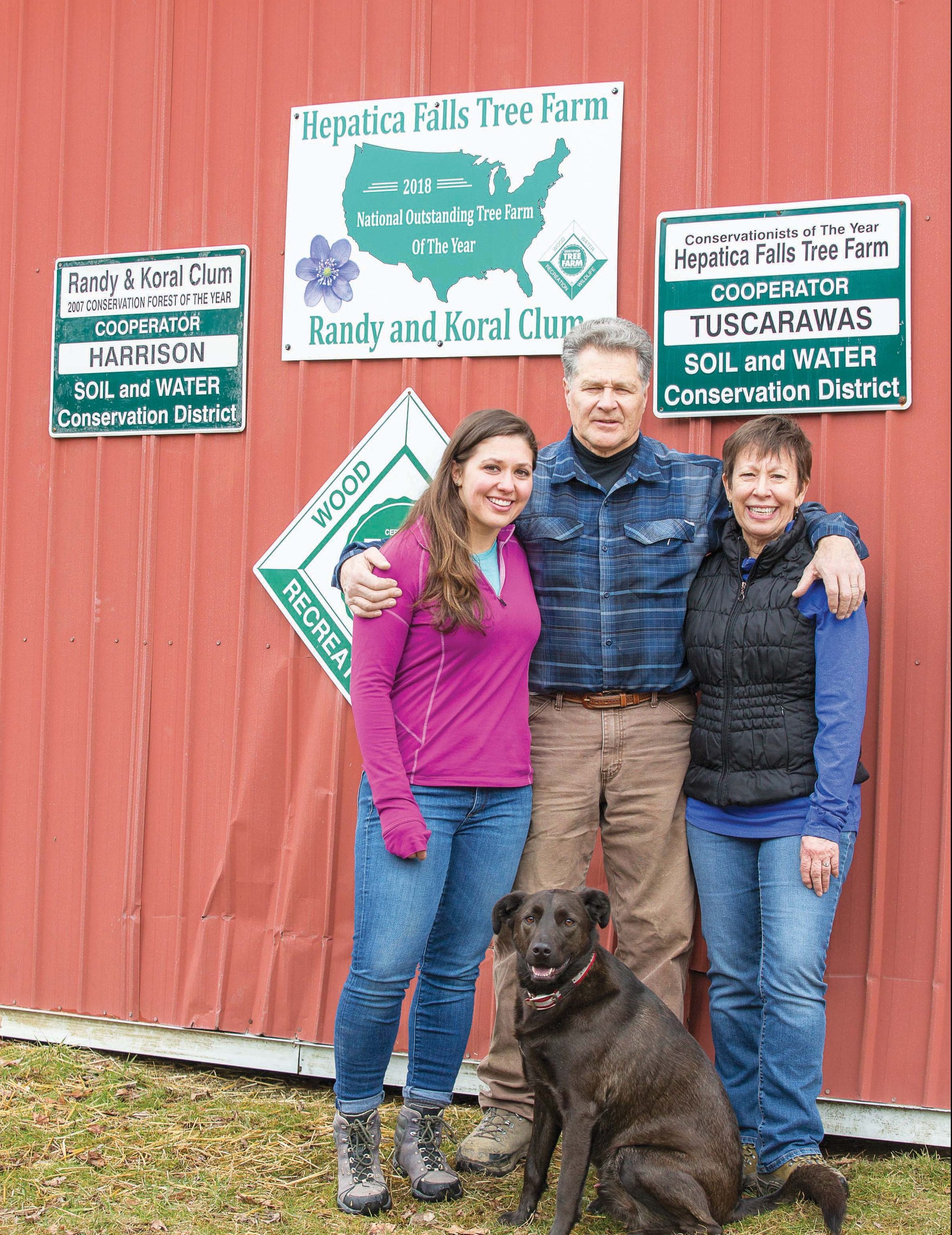
“We formulated our management plan early on, stated our goals and objectives and knew what we wanted to achieve — for the land to pay for itself and show people what good forestry management is really all about,” Randy said. The Clums have hosted numerous tours and workshops, including the 2017 Ohio Tree Farm of the Year Tour with more than 600 in attendance. They said the tour allowed people to see that even after tree harvests, you can still have a pretty woods, a functional woods and one that appreciates in value.
In simple terms, foresters manage sunlight. Based on a landowner’s objectives, more sunlight is created for certain trees by cutting other trees down. Koral likened it to thinning carrots or pulling weeds. “A lot of people think cutting is a negative, but if done correctly, we are improving wildlife habitat, producing more oxygen, storing more carbon by making trees expand their tops. Trees are as good at purifying the water as a filtration system. We can get trees to grow two to three times as fast as in a crowded environment,” Koral said.
“There is a perception that nature is best left untouched, especially when it comes to trees,” Randy said. In the same way farmers have increased their yields using technology and educational tools, the same thing can be done in the woods, “Not using fertilizer, but manipulating sunlight. Light on trees makes them grow faster.”
As forestry consultants, the Clums begin their initial visit with a landowner by asking questions to discover what is desired through management of the woods.
“If a landowner is new to this, sit down with a piece of paper and think of questions and write them down. Be prepared for the visit,” Koral said.
Beyond the ways the woods are enjoyed, there are some practical items that should be addressed:
They recommend having an independent forester look at the land first and then get a logger involved when it is time to begin the tree harvest. Using someone certified as a Master Logger provides assurance that the logger has met certain safety training and best management practices certifications.
Brad Perkins is executive director of the Ohio Forestry Association, Ohio’s oldest conservation organization. OFA administers the Ohio Voluntary Master Logging Company Program. Perkins said the program was created nearly 30 years ago to build up the professionalism of the logging industry through a combination of training and education on the use of Best Management Practices for logging, environmental protection and safe harvesting practices.
Loggers certified in the program have to provide workers’ compensation certificates and commercial general liability insurance so both the workers and landowners are protected. They also sign a logging code of ethics.
“Not only does this say they are doing a good job in the woods, but they are operating their business in such a manner that I’m treating the woods, landowners and buyers in a professional business manner,” he said.
He encourages landowners to get professional foresters involved right away to guide them through the process and then ask if they use Master Logging companies. More information about the Ohio Voluntary Master Logging Company Program and a list of loggers is available at ohioforest.org.
John and Bess Lusk from Monroe County are the 2018 Ohio Tree Farm of the Year, making them eligible for the national award. The 2019 Ohio Tree Farmer of the Year has already been named and Paul Mechling in Ashtabula County is the winner. A tour of Mechling’s farm will be held Sept. 21. Details
Featured Image: One of Randy’s favorite things to do is making sawdust. He calls it “man glitter.” Randy is clearing the trail after strong winds blew this cherry tree down.
Photos by Dave Liggett


Members have three ways to apply: contacting a certified agent, calling 833-468-4280 or visiting ohiofarmbureauhealthplans.org.
Read More

Legacy nutrient deductions enable new farmland owners to claim deductions on the nutrients within the soil on which healthy crops depend.
Read More

Farmers, agribusinesses and community members are encouraged to nominate their local fire departments for Nationwide’s Nominate Your Fire Department Contest through April 30.
Read More

Introduced by Sen. Paula Hicks-Hudson, SB 120 would establish the Urban Farmer Youth Initiative Pilot Program.
Read More

Gases, vapors, and fumes can all create risk. How can we measure and protect ourselves from them?
Read More

The Ohio Farm Bureau’s Young Agricultural Professionals State Committee has named its 2026 leadership and the individuals who will be serving on the state committee for 2026-2028.
Read More

The Ohio Farm Bureau Foundation has multiple scholarships available to Ohio students from rural, suburban and urban communities who are pursuing degrees with a connection to the agricultural industry.
Read More

With 100% bonus depreciation now permanent, farmers can deduct the full cost of a new agricultural building in the year it’s placed in service.
Read More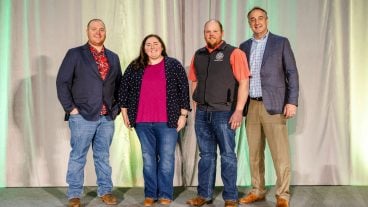
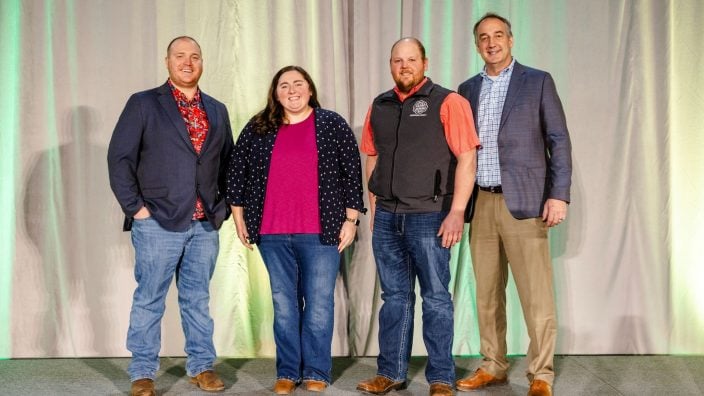
Lincoln Deitrick was named the Outstanding Young Farmer, Denver Davis won the Excellence in Agriculture Award, and Margaret Houts won the Discussion Meet.
Read More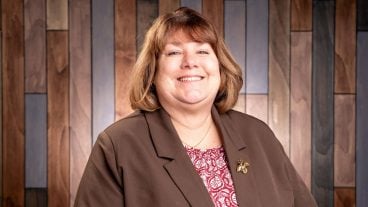
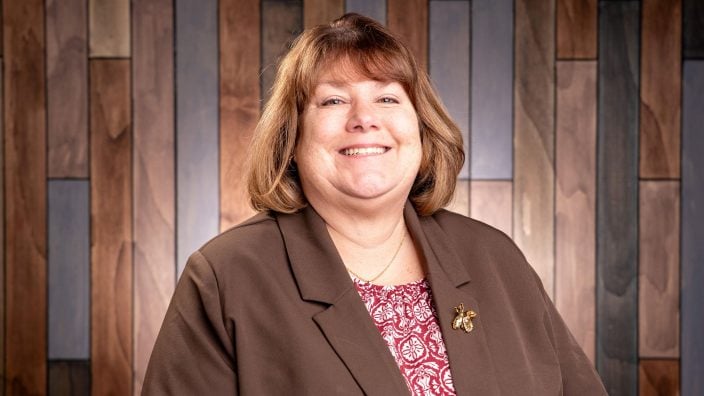
Michelle Downing of Franklin County has been named finance director of county operations for Ohio Farm Bureau.
Read More